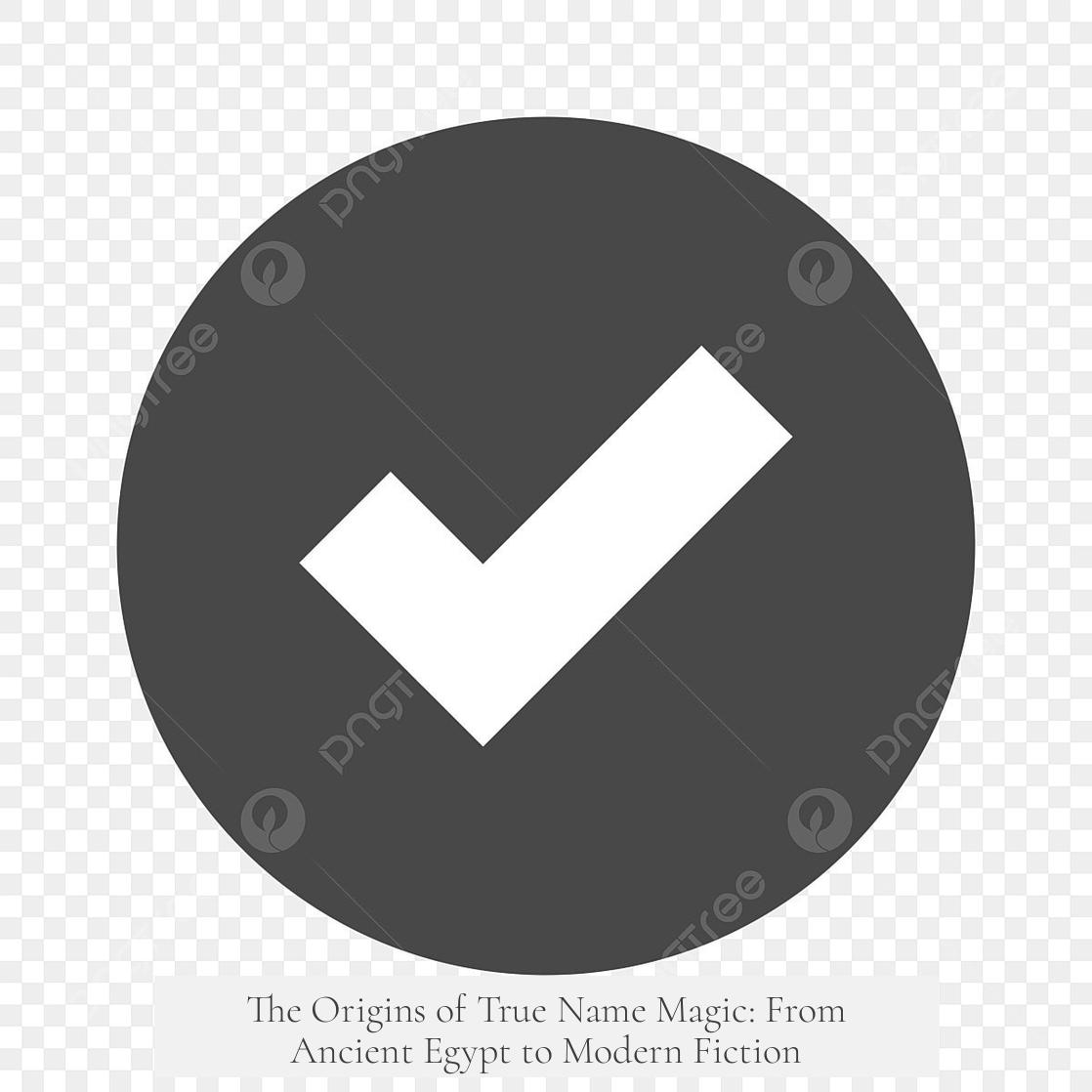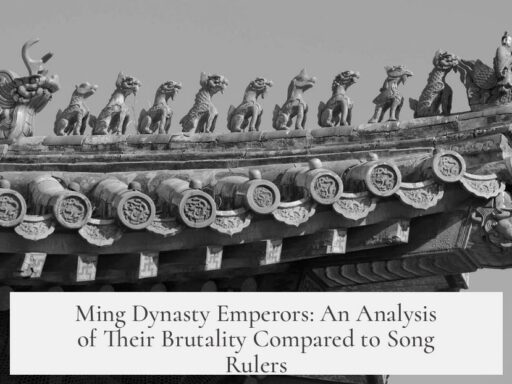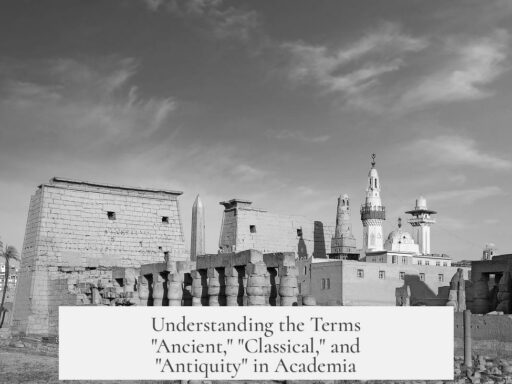The concept of True Name magic originates primarily from ancient Egyptian and Sumerian belief systems, where knowing a being’s secret or true name grants power over it. In Egyptian mythology, Isis is the goddess of magic precisely because she knows secret names. She gains power over Ra by learning his concealed name, tricking him to reveal it. Isis sends a snake to bite Ra, forcing him to seek healing. Only then can she use a powerful spell invoking his true name to heal him, thereby exercising control. Similarly, the story of Seth and Horus shows the value of true names. Seth refuses to reveal his true name to Horus, providing false ones instead. Finally, he admits his name as “the evil day on which nothing can be conceived or born,” granting Horus leverage over him.
In Egyptian daily practice, true names had magical uses. Enemies’ names were hidden in shoes or offered to cats to “bind” or harm them. Names formed a fundamental part of spells and rituals, indicating the deep cultural belief in their power.
Sumerian theology also features true name magic. The god Marduk, king of gods, was said to possess so many names that no one knew all of them. This abundance guarded him from magical domination. True name magic in Sumerian culture likely predates the invention of cuneiform writing, potentially stretching back more than 6,000 years, indicating the ancient origins of the concept.
Philosophical discussions further explore the idea. In Ancient Greece, Socrates discusses names in the dialogue Cratylus. He distinguishes between “conventional” and “natural” names, with natural names being akin to true names. Socrates argues that names should reflect the essential nature of the thing they represent. This suggests a theoretical basis for believing that true names carry intrinsic power because they reveal the essence of an entity.
An example from English highlights this idea. Many words beginning with “sn” have negative or dangerous connotations: snake, snarl, snoop, snide, snivel. Some argue the “sn” sound is naturally foreboding, while others see it as a conventional association. This debate aligns with ideas about whether names derive meaning from nature or social agreement, echoing the underlying reasoning behind true name magic.
Human logic and social behavior also explain the concept’s origins. It seems natural that if one truly knows something, including its name, one can control or influence it. Naming remains a method of control in daily life. People train pets to respond to their names, which shows the practical power behind names as identifiers and controllers.
From an evolutionary perspective, naming or recognizing unique calls likely predates human language. Social animals like penguins and lions identify individual offspring by their distinct cries, a form of natural “naming.” Such recognition helps exert social influence and care within groups. This underlying behavior supports the idea that knowing a true name equals power.
Biblical texts also embed the concept. In Genesis 2, Adam names all animals to establish authority and responsibility for the Garden of Eden. Naming there symbolizes dominion and relationship. For biblical authors, assigning true names represents order and control over creation, paralleling ancient magical ideas.
In modern times, True Name magic appears as a popular trope in fantasy literature and media. Writers like J.R.R. Tolkien drew from folklore and myth to develop worlds where knowing a character’s true name gives power over them. Although Tolkien popularized the trope, the concept predates his work by millennia and roots deeply in historical religious and philosophical traditions.
| Source | Contribution to True Name Magic Concept |
|---|---|
| Ancient Egyptian Mythology | Isis’s knowledge of secret names grants magical power; spells use enemy names to control |
| Sumerian Theology | Marduk’s many names prevent control over him; true name magic precedes writing |
| Greek Philosophy | Socrates argues names reflect essence; natural vs. conventional names |
| Human Social Behavior | Control through naming pets; recognition of unique signals predating language |
| Biblical Scriptures | Adam naming animals as asserting authority and relationship |
| Modern Literature | Popularizes concept but draws on ancient sources and folklore |
- True Name magic has roots in ancient Egyptian and Sumerian religions where knowing secret names confers power.
- Philosophy and linguistic theory offer a rationale that names reflect the essence, hence carry power.
- Human social and evolutionary behavior supports naming as a form of control and recognition.
- Biblical texts reinforce naming as authority and relationship-building.
- Modern fantasy literature popularizes these ancient beliefs but does not originate them.
Where Did the Concept of True Name Magic Originate?
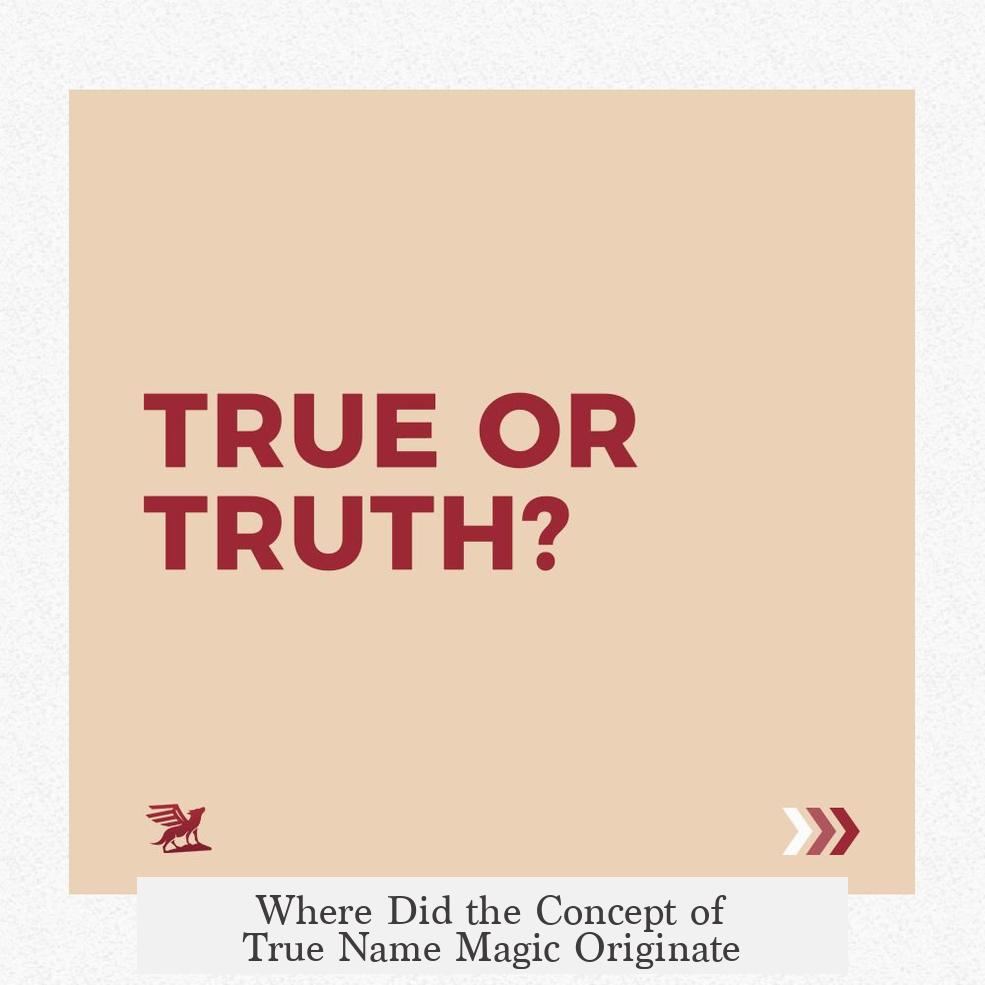
The concept of True Name magic primarily comes from ancient civilizations like Egypt and Sumer, where knowing a being’s secret or true name means controlling it. Sounds like a magical cheat code, right? Let’s dive into this fascinating idea’s roots and see why it’s still captivating imaginations today.
True Name magic is not just a fantasy trope conjured by modern writers. It’s a powerful, ancient belief spanning thousands of years. Simply put: if you discover a creature’s “true name,” you hold power over it—sometimes even life and death power.
Ancient Egyptian Belief: The Birthplace of True Name Magic
The ancient Egyptians took the idea seriously. They believed names carried the essence of a thing or being. Isis, the goddess of magic, is a central figure here. Why? Because she cunningly discovers the secret name of Ra, the powerful sun god. She tricks him by sending a snake to bite him, forcing him to reveal his true name. Once she knows it, she gains control over him by invoking that secret name to heal the bite. Talk about a divine hustle!
Then there’s the story involving Seth and Horus, gods locked in eternal conflict. Seth refuses to share his true name for healing until after a long game of throwing out other gods’ names. Eventually, he admits his name isn’t some simple phrase; it’s “the evil day on which nothing can be conceived or born.”
Egyptians didn’t just reserve this magic for gods. Everyday spells involved using names to wield influence: wearing your enemy’s name in your shoe to symbolically trample them or feeding their name to a cat as a form of curse. This wasn’t just superstition—it was considered an actual, effective form of power.
Sumerian Theology’s Parallel Concept
Meanwhile, across the Mesopotamian plains, the Sumerians had their version of True Name magic. Here, gods like Marduk had so many secret names that none could know all of them. That made Marduk untouchable—if you don’t know a god’s true name, you can’t control them.
This belief dates back even before cuneiform writing, older than 6000 years. Just imagine: long before scribes etched symbols on clay tablets, humans already saw names as keys to power.
Greek Philosophical Insight – Socrates and the Essence of Names
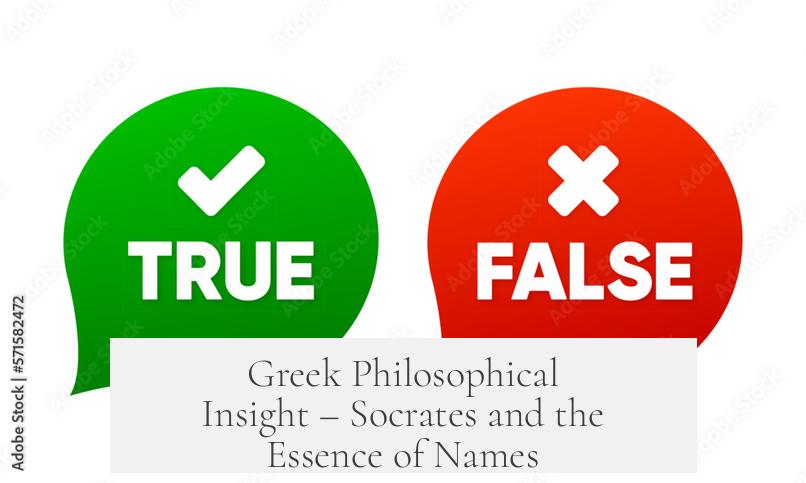
The idea got a rational twist in Ancient Greece. In Plato’s dialogue Cratylus, Socrates discusses natural names versus conventional names. His argument? A name might reflect some essence of the object or being named.
To illustrate, he points to English words beginning with “sn” — like snake, snarl, or snivel. Are these words naturally sinister because of their “sn” start? Or is it just a random tradition? Such musings show early thinkers attempting to understand if names carry intrinsic power or meaning.
Natural Logic and Human Social Behavior
Why do humans intuitively feel names hold power? It might be rooted in natural logic, social behavior, and evolution. If you truly know something—its unique name—you might believe you can control it. After all, people name pets and animals respond; children answer when you call them by name.
Even animals recognize unique signals, like penguins recognizing their chicks’ distinct calls. This “naming” and recognition behavior likely predates human language itself. So, knowing a name isn’t just labeling—it’s understanding and exerting influence.
Biblical Reference – Naming as Authority
The Bible also reflects this. In Genesis 2, Adam names all the animals. Does this mean giving a name is a claim of authority or care? Exactly. Naming establishes a relationship—ownership, guardianship, or mastery. It’s no coincidence that the act of naming appears seminal in scripture, linking spiritual ideas with human social order.
Modern Fiction and the Enduring Appeal of True Name Magic
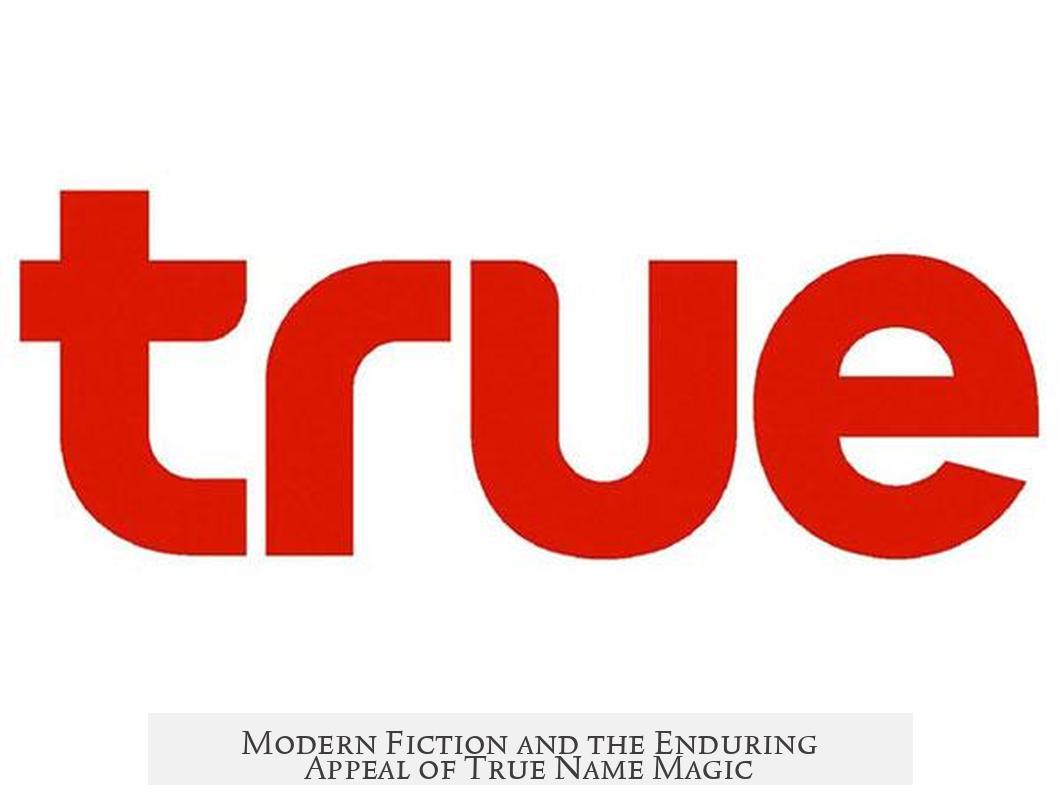
Where does this leave us today? Modern fantasy authors, like J.R.R. Tolkien, have popularized the concept. Tolkien’s works borrow from folklore and ancient mythology—he didn’t invent true name magic but certainly shaped its current image in pop culture.
Many modern stories use this trope—secret names controlling beings—as a nod to these rich, ancient traditions. It resonates deeply because the concept of “true names” taps into something fundamental about knowledge and power. Who wouldn’t want to hold that kind of leverage?
Summing It Up: Names as Keys to Power, Across Time
The idea of True Name magic comes from diverse, ancient traditions that viewed names not simply as labels, but as essential to the nature and control of things. From Egyptian gods to Sumerian deities, Greek philosophy, and biblical narratives, the power of knowing the “real” name has shaped cultural myths about control and influence for millennia.
It’s also grounded in real-world human and animal behavior; names identify and command attention. Modern fantasy simply breathes new life into age-old beliefs, keeping them alive in our imaginations.
So next time you pick up a fantasy novel or play a game featuring “true names” and magical control, remember history’s secret key: a name is much more than a word. It’s a bridge to power.

